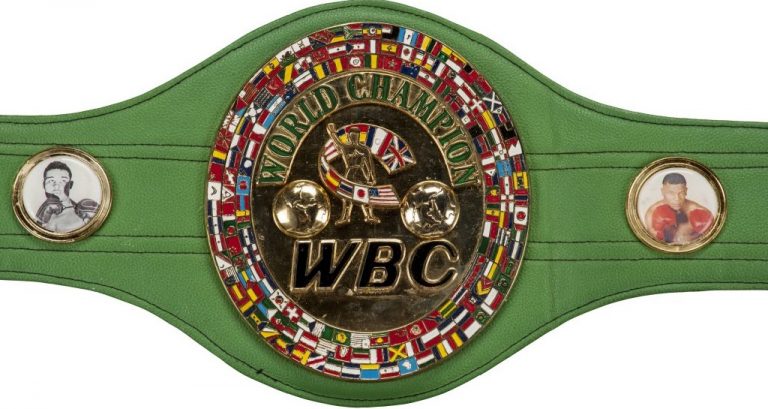Welcome to BoxBets ‘Boxing Organisations and Governing Bodies’ page – the home of the WBC, WBA, IBF, and WBO. Simply click on any of the belts below and you will be taken to that boxing organisations dedicated page. Each page includes a promotional video; the history of how each body was formed; general information; and a link to their official regulations page. Please click on the belts below:
72
new articles








